Wild Forest Honey
Original price was: ₹210.0.₹189.0Current price is: ₹189.0.
Features:-
This is raw, unheated multi-flora honey derived from the flowers of seasonal organically grown crops and wildflowers such as mustard, mahua, niger, and Karanja. It is double filtered to give you the best therapeutic benefits of organic honey. Our Wild Forest Honey is sweet, pure, and delicious honey. Buy natural honey online.
 Boosts Immunity
Boosts Immunity Local & Sustainably sourced
Local & Sustainably sourced Full of antioxidants and vitamins
Full of antioxidants and vitamins Healthy refined sugar alternative
Healthy refined sugar alternative Pure & Unadulterated
Pure & Unadulterated
- Description
- Additional information
- Reviews (0)
- Q & A
- Sustainability Remark
- More Offers
- Store Policies
- Inquiries
Uses-
- It can be added to breakfast cereals and granola
- It can be used as a substitute for regular sugar
- It can be consumed directly daily to help boost immunity over time.
Benefits:-
- Antibacterial, anti-fungal, and anti-inflammatory
- It helps to alleviate common cold and flu symptoms
- Helps in cold and cough
- Full of antioxidants and vitamins
- Ingredients: 100% honey
- Shelf Life: 12 months
| Weight | 200 kg |
|---|---|
| brands | CONSCIOUS FOOD |
You must be logged in to post a review.
Q & A
Organic products, including organic honey and sugar, are typically considered more sustainable than conventionally produced counterparts. Here are some reasons why:
Organic farming practices prioritize sustainability: Organic farming practices are designed to minimize the environmental impact of agriculture by focusing on soil health, biodiversity, and natural resource conservation. This approach can help to reduce greenhouse gas emissions, minimize water pollution, and support ecosystem health.
Organic products are often produced locally: Organic products are often produced and sold locally, which can help to reduce the carbon footprint associated with transportation.
Organic products are typically free from harmful chemicals: Organic farming prohibits the use of synthetic pesticides, fertilizers, and genetically modified organisms (GMOs). This means that organic products are often free from harmful residues and can help to protect the health of farmers, farm workers, and consumers.
Organic products can support rural communities: Organic farming practices often support local economies and rural communities by providing job opportunities and supporting small-scale farmers.
That being said, the sustainability of organic honey and sugar will depend on factors such as the specific farming practices used, the distance the products travel to reach consumers, and the overall environmental impact of production. It's also worth noting that organic products may be more expensive than conventional products, which can be a barrier to access for some consumers.
General Inquiries
There are no inquiries yet.

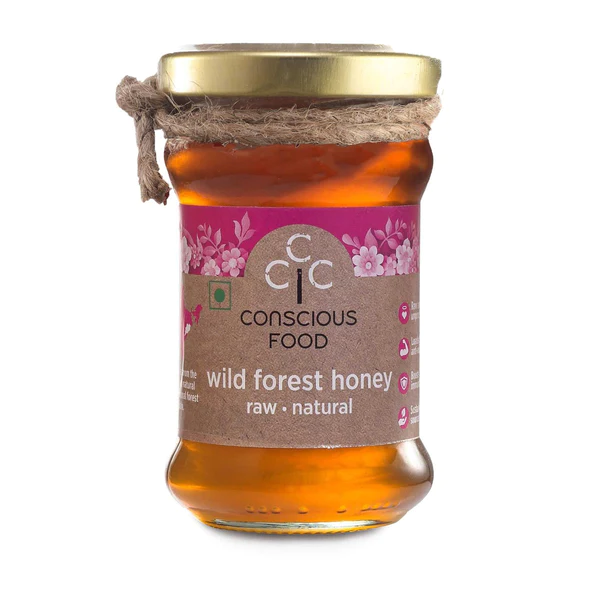
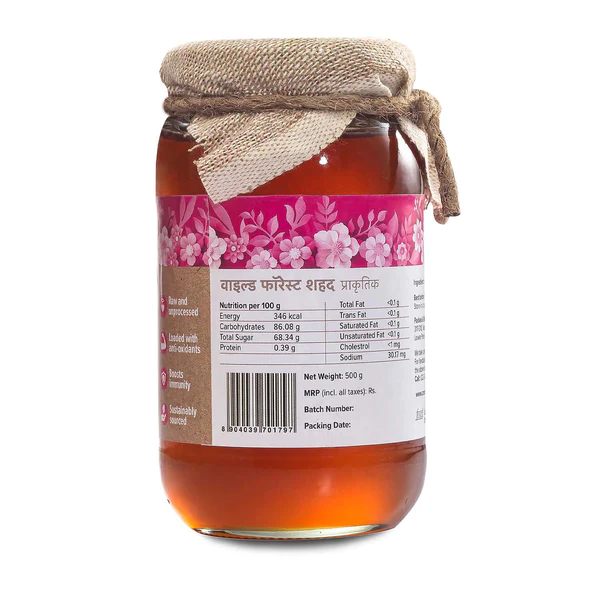
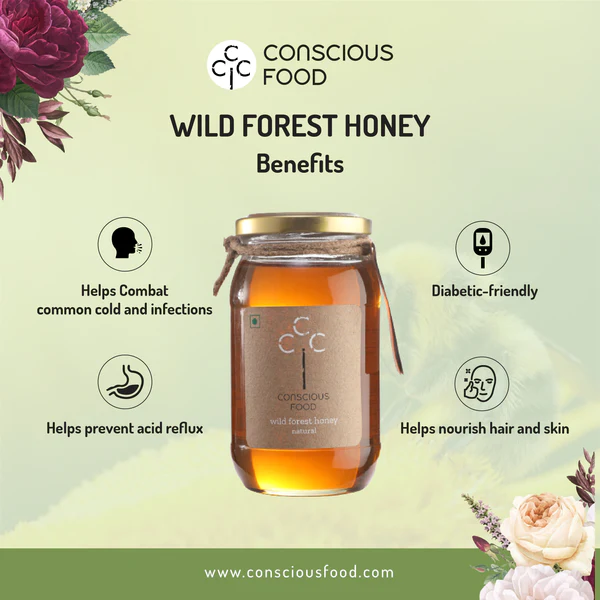

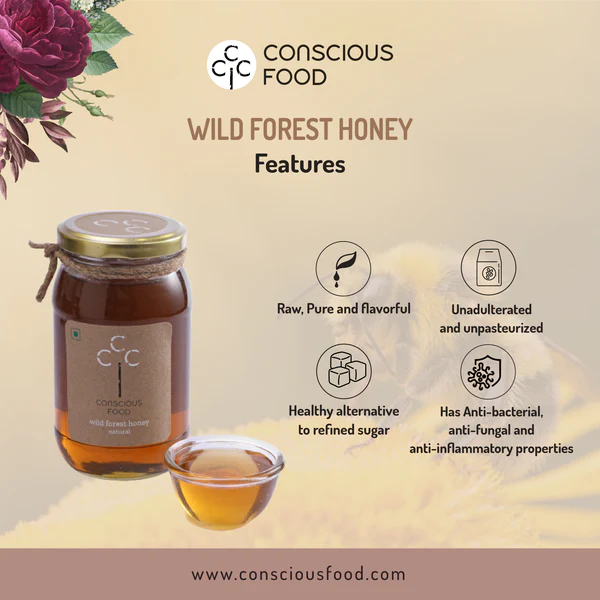
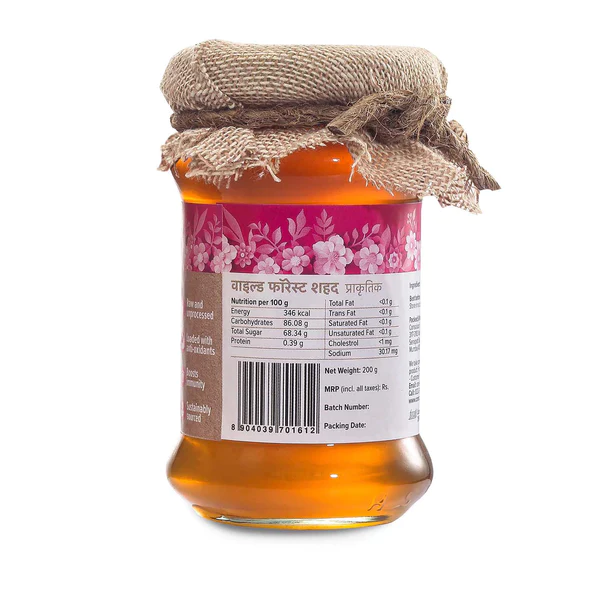

Reviews
There are no reviews yet.